AWS puts AI evolution front and center at re:Invent 2024
AWS re:Invent 2024 was a testament to the cloud giant’s commitment to AI diversification as it looks to take market share in the next era of AI
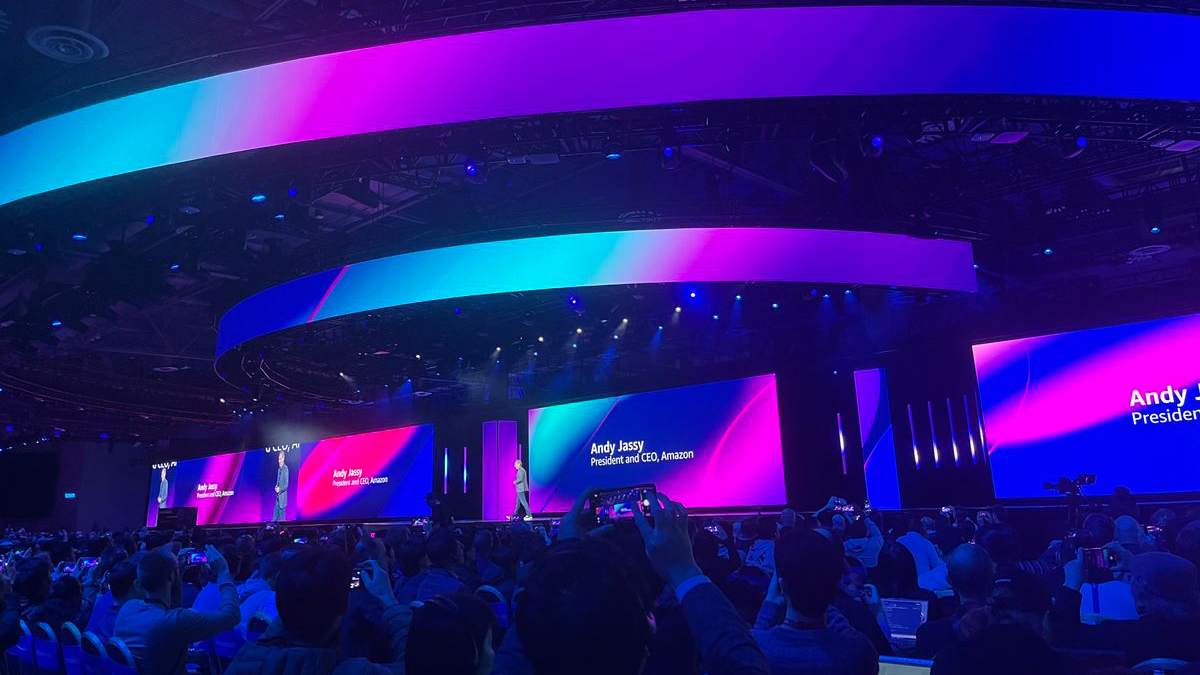

In today’s fast-moving technology landscape, business leaders know that standing still is tantamount to failure. Nowhere has this attitude cut through more than with generative AI, which continues to see surging demand and is driving the biggest names in tech to chase greater market share.
AWS knows this all too well, so it’s little wonder that AWS re:Invent 2024 was stacked to the brim with AI announcements and product updates unveiled to the thousands of attendees gathered at The Venetian Resort in Las Vegas.
“Software becomes irrelevant if we don't evolve it,” Dr. Werner Vogels, CTO at AWS, told the crowd in the event’s closing keynote. “If there's no new functionality, customers will perceive our systems as declining quality.”
“We are in our digital systems continuously confronted with the fact that we need to evolve,” he added, referencing Lehman’s law of software evolution to explain that as software evolves, so too must leaders and workers must maintain their understanding of it and ensure it adapts to suit customer needs.
While he was talking more generally about software, his comments speak to a core strategy at AWS. Generative AI is moving at a lightning pace, and so is the company. Over the course of its sprawling five-day event, the firm delivered five keynote addresses from some of the company’s leading figures.
AWS CEO Matt Garman kicked proceedings off with some of the headline announcements, joined on stage by Amazon CEO Andy Jassy to unveil AWS’ very own suite of homegrown foundation models, Amazon Nova (more on that later).
Garman set the tone for the next few days, which saw Dr Swami Sivasubramanian, VP of AI and data at AWS, and Ruba Borno, VP of global specialists and partners at AWS, both head up their own keynotes along with Vogels’.
Get the ITPro daily newsletter
Sign up today and you will receive a free copy of our Future Focus 2025 report - the leading guidance on AI, cybersecurity and other IT challenges as per 700+ senior executives
Such was the volume of announcements this year, it was difficult to keep up with all the new offerings. These included updates and additions to some of AWS’ key product offerings, including Amazon Bedrock and Amazon SageMaker.
While the company certainly went heavy on news, each announcement seemed relevant and practical to its audience, designed to solve a problem or create an opportunity rather than simply prove innovation.
Generative AI on all fronts
The new offering that grabbed everyone’s attention was Amazon Nova, announced by Jassy during a surprise visit to the stage in a move that caused a flurry of excitement amongst attendees.
Until now, AWS has largely focused on providing users access to a range of models from other companies via its Amazon Bedrock platform, including large language models (LLMs) from the likes of Mistral and Meta.
While AWS does offer Amazon’s Titan FM model family via Bedrock, these have been presented as more of an underlying technology to complement other models as compared to a generalized model to face off against the likes of GPT-4o.
Now, the firm has its very own flagship model to tout on Bedrock, and, strength-wise, it can face off with some of the biggest models already on the platform. As it pushes Nova, AWS appears to be sidelining Titan – while the product page for the models is still live, the Titan Google listing now redirects to Nova.
RELATED WHITEPAPER

Using its own methodology, Amazon found that Amazon Nova Lite (the 2nd weakest version of Nova) is equal to or better than OpenAI’s GPT-4o Mini on 17 out of 19 benchmarks, and equal to or better than Gemini on 17 out of 21 benchmarks.
AWS didn’t leave Amazon Bedrock out of the spotlight, either. Back at AWS Summit London earlier this year, Amazon Bedrock was a core part of AWS’ offering in the generative AI world, allowing the firm to position itself as the trusted middleman through which customers could access powerful LLMs.
The firm underscored this narrative at re:Invent by rolling out new agentic capabilities for Bedrock, which allow customers to build and deploy their own agents to complete tasks. The expanded offering also allows for agent orchestration, meaning users can organize entire teams of agents.
Then there’s Amazon Q, the firm’s dedicated AI assistant that comes in two forms, Amazon Q Business and Amazon Q Developer. Both saw updates at re:Invent, though the new agentic capabilities for Amazon Q Developer were most notable.
With these new capabilities, users can now deploy agents that automate the more tedious but just as important development tasks of unit testing, code documentation creation, and code reviews. It’s a testament not only to AWS’ competitive spirit in the AI race, but also its understanding of the need to diversify and evolve one’s existing offerings – in line with Vogels points.
Firming up the foundations
Generative AI may be the shiny new toy everyone wants to talk about but AWS cut its teeth in core cloud computing offerings, launching the initial cloud computing boom back in 2006. Advancements and updates to the core cloud infrastructure of AWS are still something customers want to hear about, and AWS made sure to roll out innovations in this area as well.
One such advancement came in new capabilities for AWS’ popular Amazon S3 cloud service, introduced as Amazon S3 Tables and Amazon S3 Metadata. The former offers built-in Apache Iceberg table support and introduces a new bucket type for optimized storage and tabular data querying.
The latter introduces streamlined data discovery in near real-time by automatically capturing queryable object metadata. Forrester analyst Brent Ellis called both these updates “sleeper announcements” in a conversation with ITPro - they didn’t garner a huge amount of attention, he said, but they’re going to make the adoption of retrieval augmented generation (RAG) much easier.
AWS also made sure to shore up its partner relationships, with Borno hosting a partner-focused keynote that showcased all of the collaboration at play between AWS and other companies in the tech space. Here Borno unveiled Partner Connections, a new platform built into AWS Partner Central designed to assist in co-selling deals between AWS partners and other partners.
All in all, re:Invent presented more than just an impressive line-up of announcements. AWS looks well placed to capitalize on the next chapter in the generative AI era and in the tech space as a whole, with products spanning every aspect of the landscape.

George Fitzmaurice is a former Staff Writer at ITPro and ChannelPro, with a particular interest in AI regulation, data legislation, and market development. After graduating from the University of Oxford with a degree in English Language and Literature, he undertook an internship at the New Statesman before starting at ITPro. Outside of the office, George is both an aspiring musician and an avid reader.
-
 Microsoft just hit a major milestone in its ‘zero waste’ strategy
Microsoft just hit a major milestone in its ‘zero waste’ strategyNews Microsoft says it's outstripping its zero waste targets, recording a 90.9% reuse and recycling rate for servers and components in 2024.
By Emma Woollacott
-
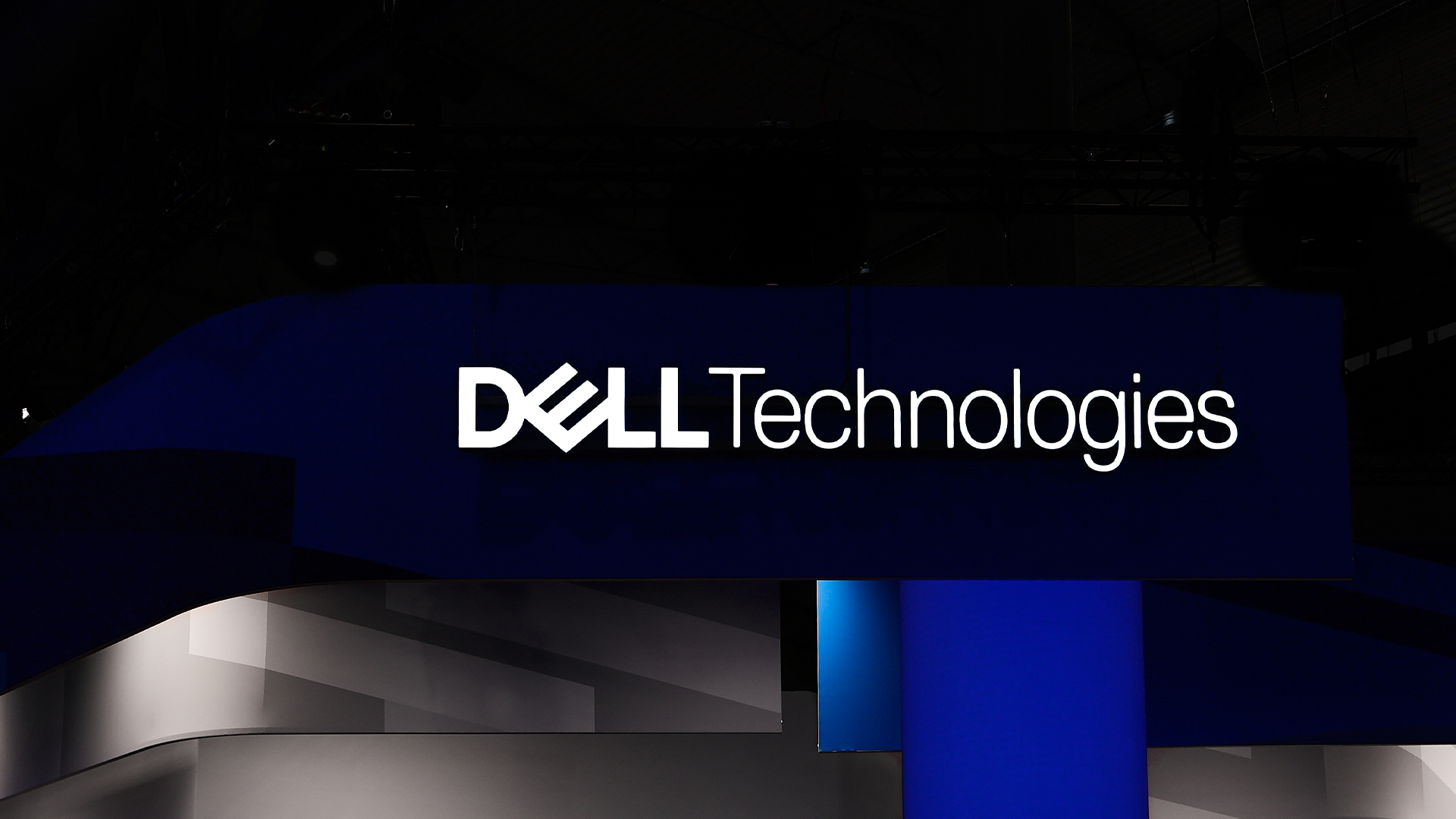 Dell names Lisa Ergun as new Client Solutions Group channel lead for the UK
Dell names Lisa Ergun as new Client Solutions Group channel lead for the UKNews Dell Technologies has announced the appointment of Lisa Ergun as its new Client Solutions Group (CSG) channel lead for the UK.
By Daniel Todd
-
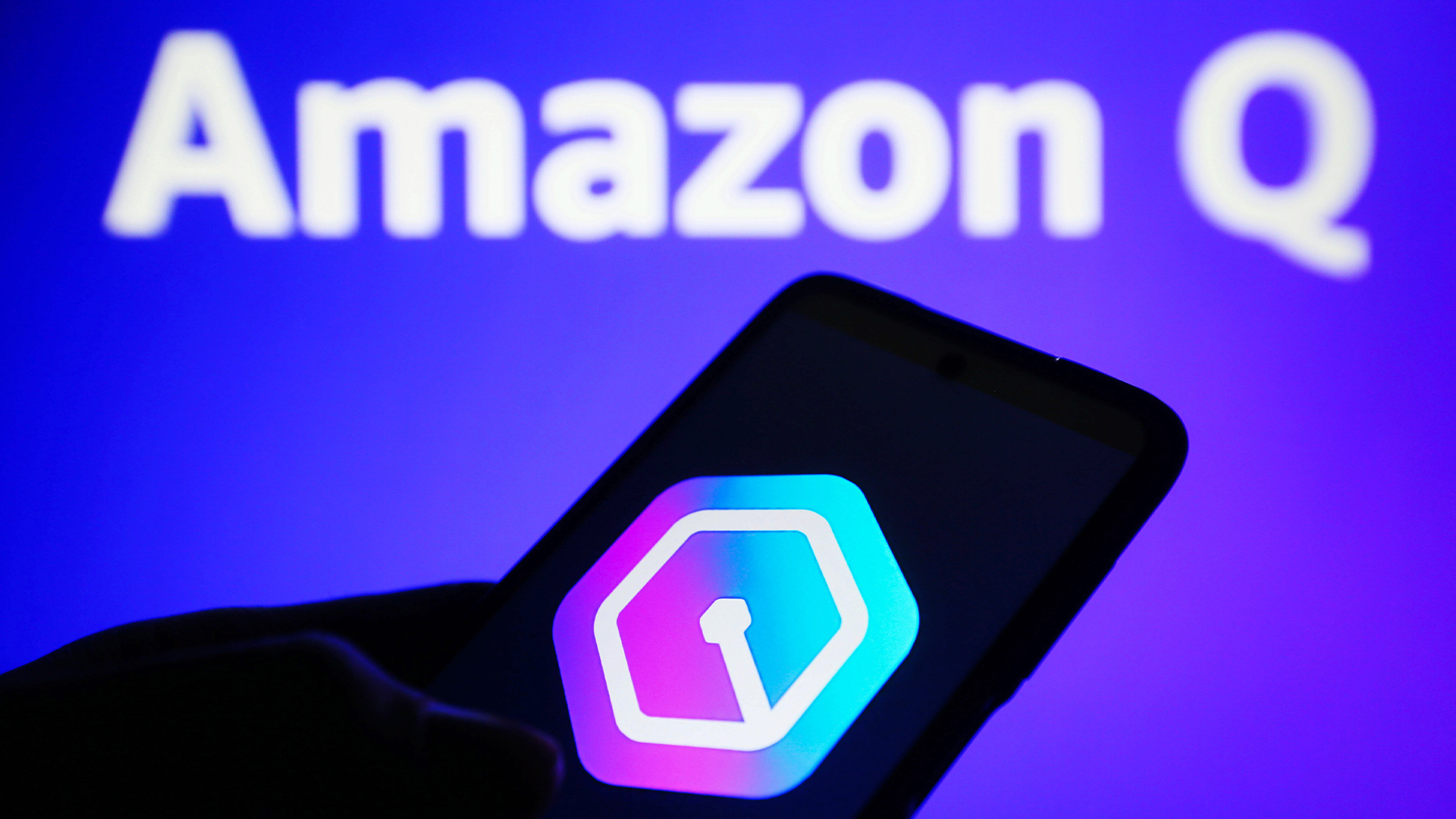 'Customers have been begging us to launch': AWS just rolled out Amazon Q Business in Europe – and it includes new data residency features
'Customers have been begging us to launch': AWS just rolled out Amazon Q Business in Europe – and it includes new data residency featuresNews AWS has announced the availability of its Amazon Q Business platform in Europe in a move sure to please sovereignty-conscious customers.
By George Fitzmaurice
-
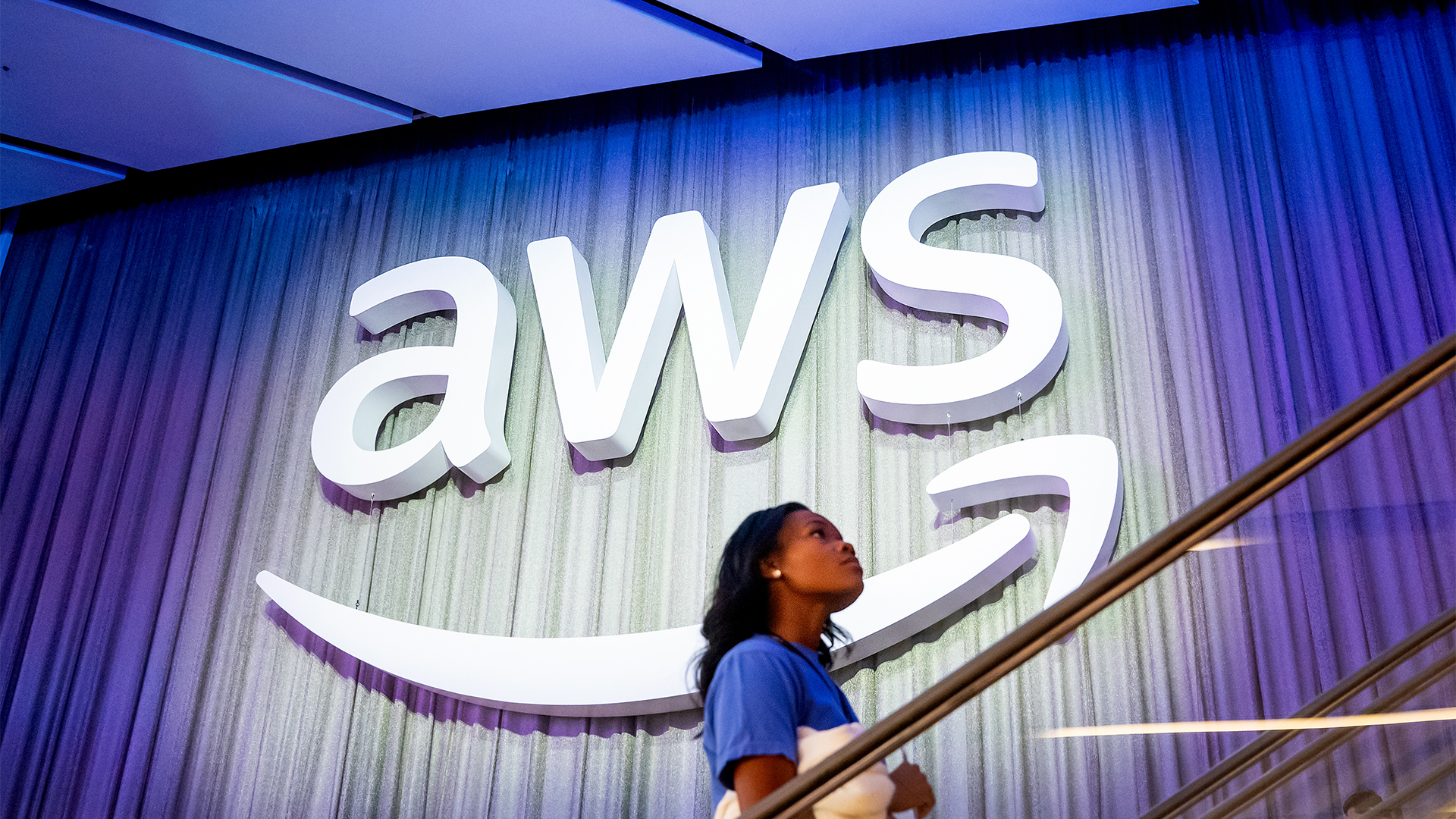 AWS sharpens sustainability focus as AI environmental concerns rise
AWS sharpens sustainability focus as AI environmental concerns riseNews The hyperscaler says sustainability plays a part in core decision-making in the age of AI
By George Fitzmaurice
-
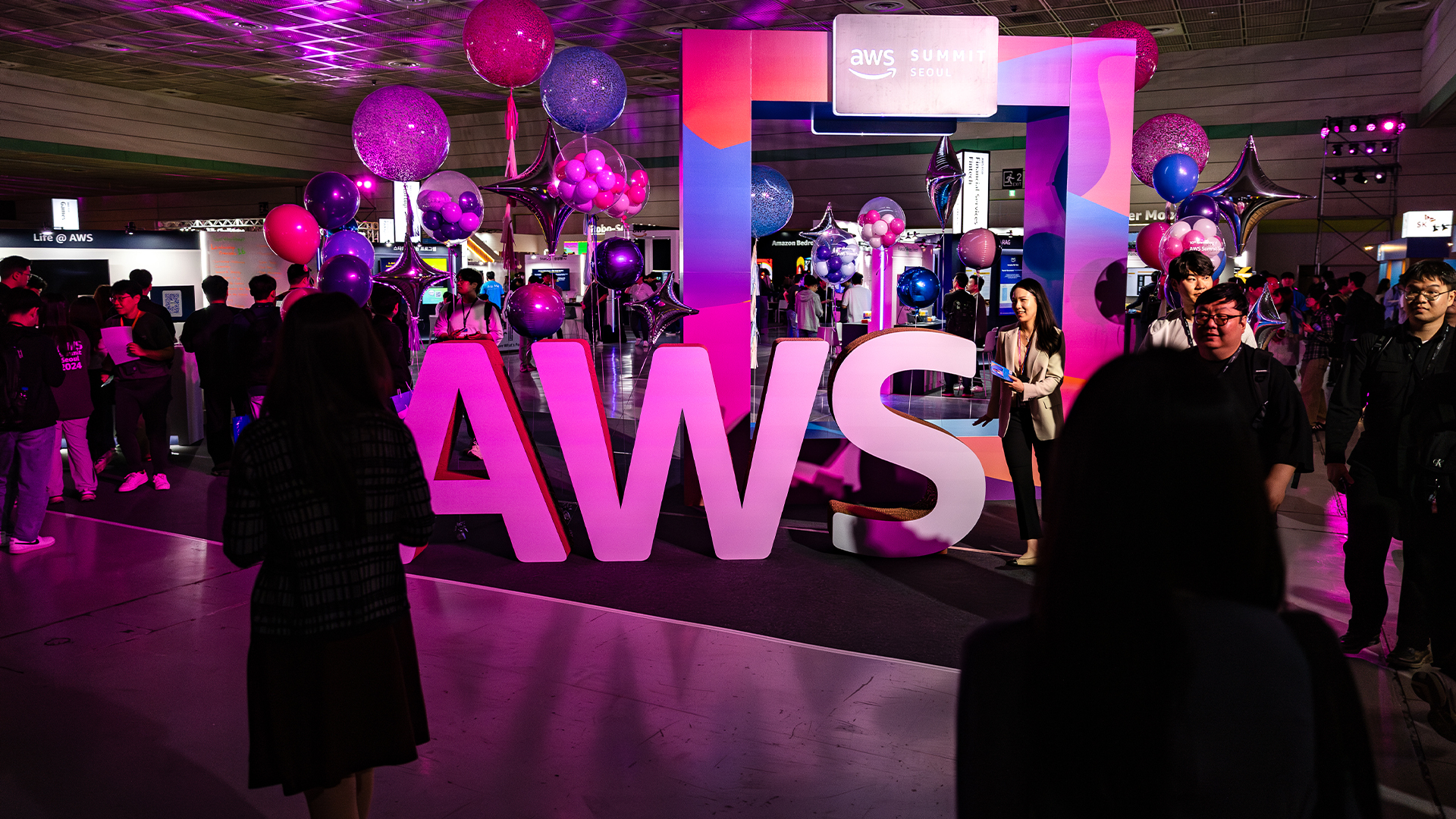 AWS goes all in on AI agents with new features for Bedrock and Amazon Q
AWS goes all in on AI agents with new features for Bedrock and Amazon QNews Agentic customizability is coming to Bedrock and the Amazon Q developer assistant
By George Fitzmaurice
-
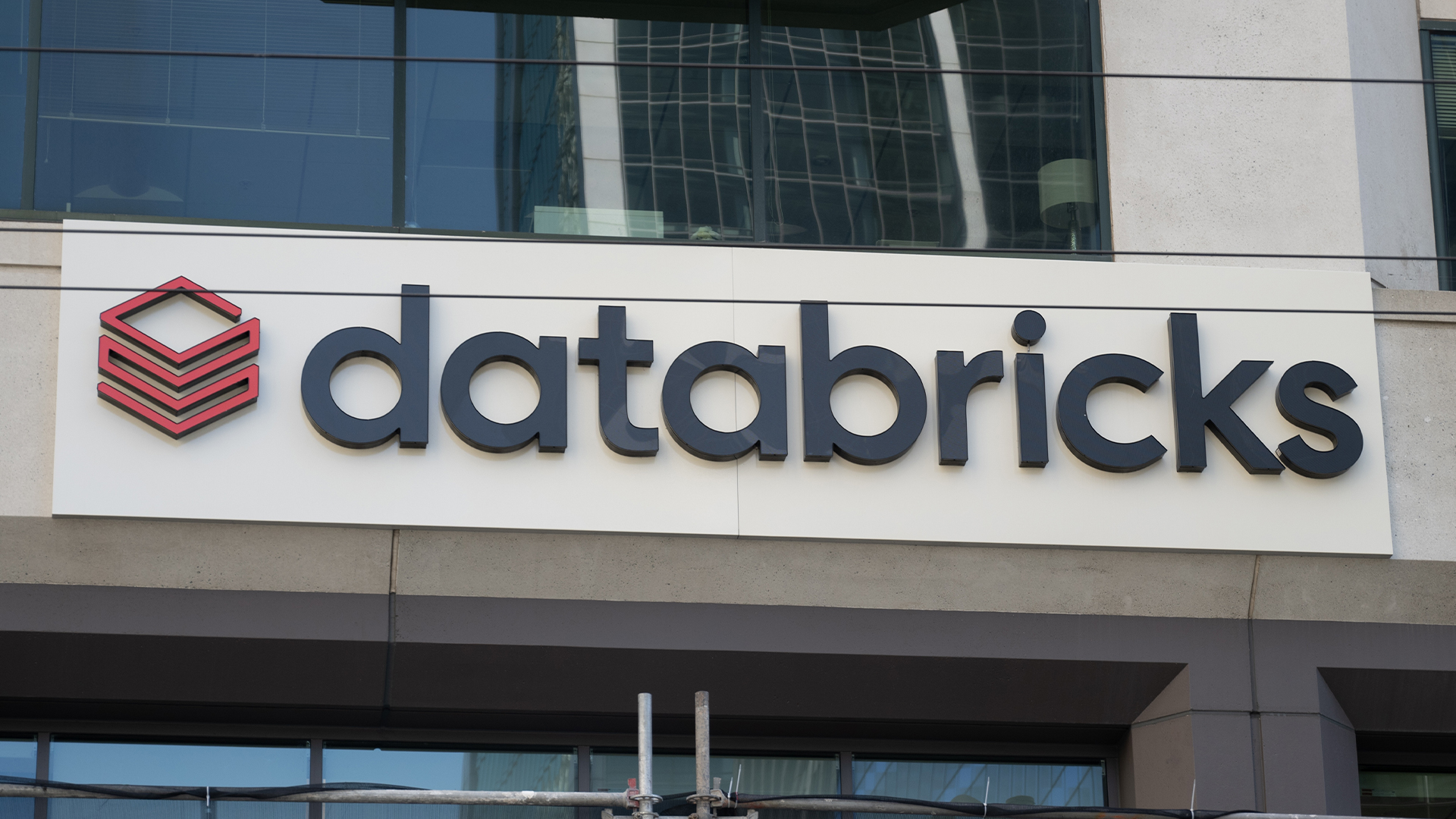 Databricks expands AWS partnership to drive generative AI capabilities
Databricks expands AWS partnership to drive generative AI capabilitiesNews The new agreement promises “unmatched scale and price performance” to help customers take genAI applications to market faster
By Daniel Todd
-
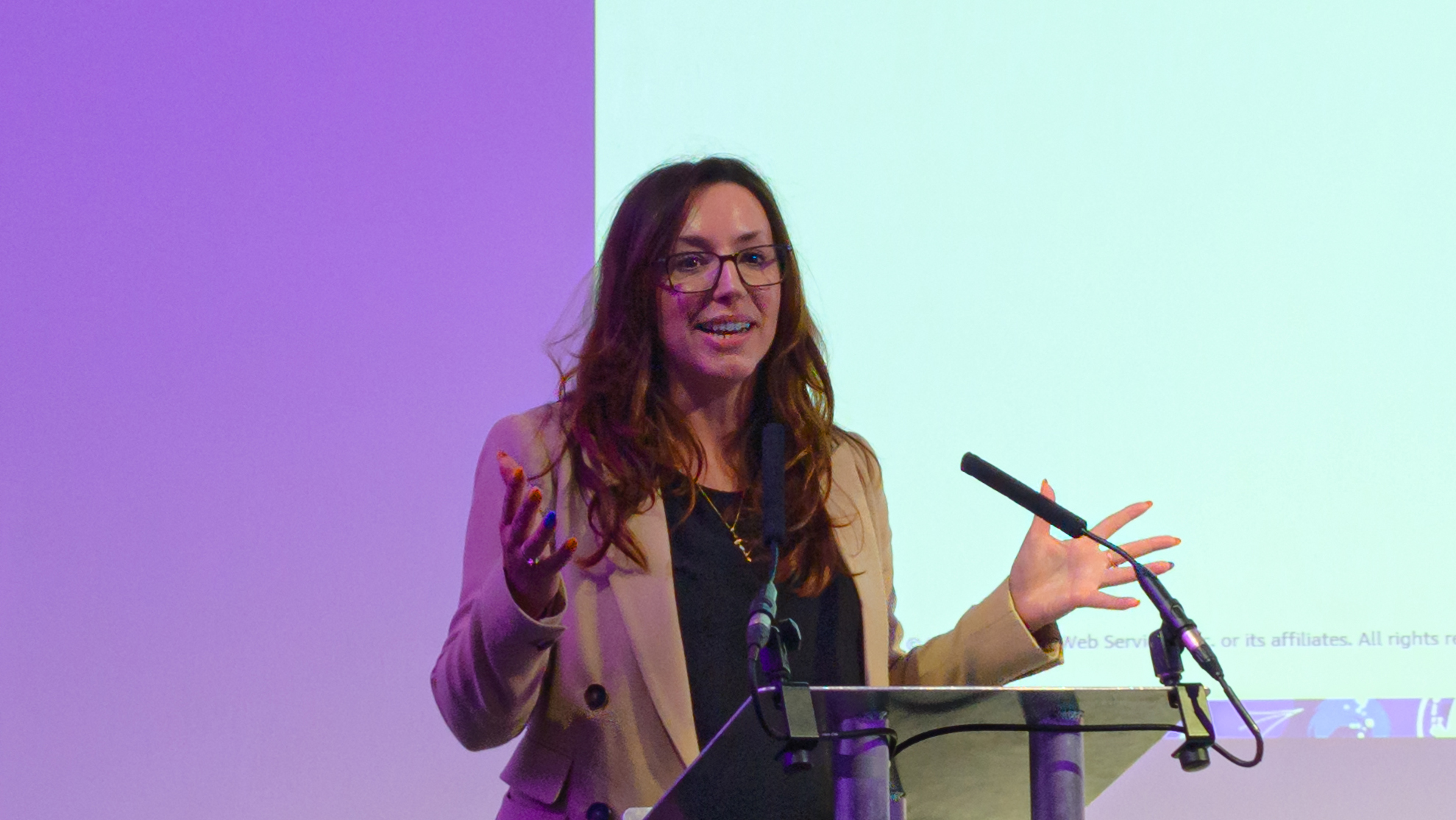 The UK has ‘seismic’ AI potential, says AWS startup leader – but startups still need skills support
The UK has ‘seismic’ AI potential, says AWS startup leader – but startups still need skills supportNews AI demand outstrips readiness across the business world, but with hyperscaler support startups are starting to show the technology’s potential
By Rory Bathgate
-
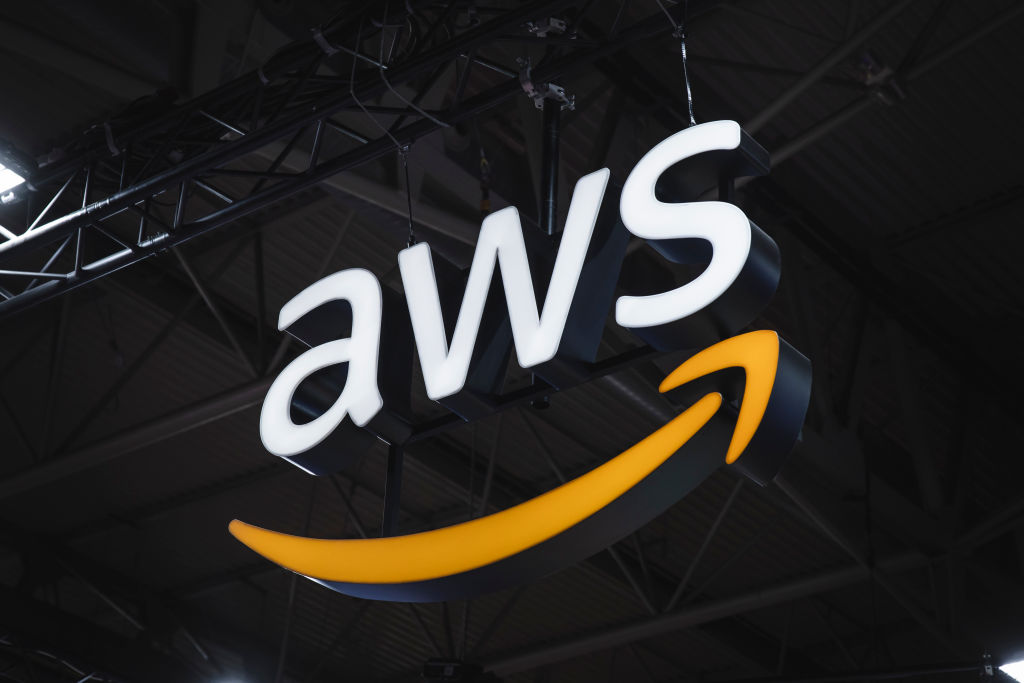 Inside AWS’ support for customer AI adoption: “Boots on the ground”
Inside AWS’ support for customer AI adoption: “Boots on the ground”Case study The AWS Generative AI Innovation Center works with customers on their AI adoption journey
By Ross Kelly
-
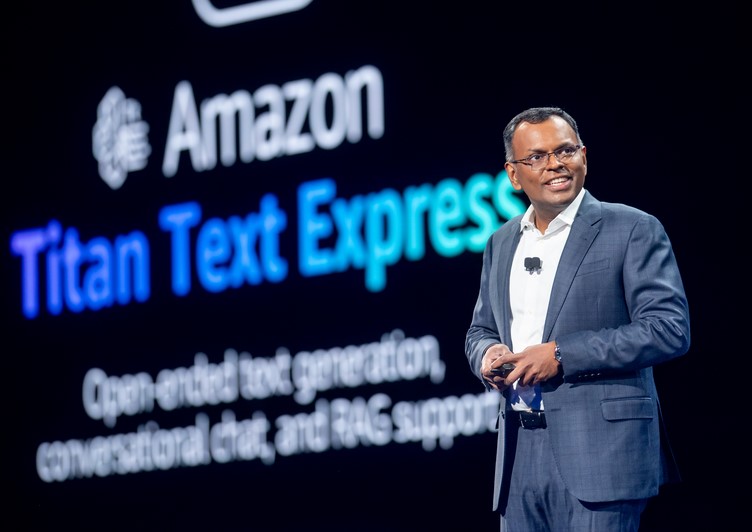 AWS re:Invent: All the big updates from the rapid fire day-two keynote
AWS re:Invent: All the big updates from the rapid fire day-two keynoteAnalysis AWS re:Invent has had no shortage of talking points so far
By Ross Kelly
-
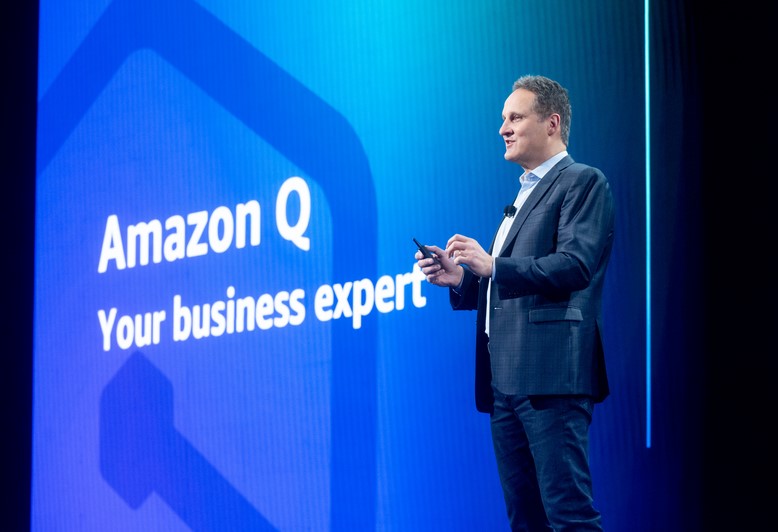 AWS unveils ‘Amazon Q’ enterprise-grade AI assistant
AWS unveils ‘Amazon Q’ enterprise-grade AI assistantNews The Amazon Q generative AI assistant will have applications across multiple business functions
By Ross Kelly